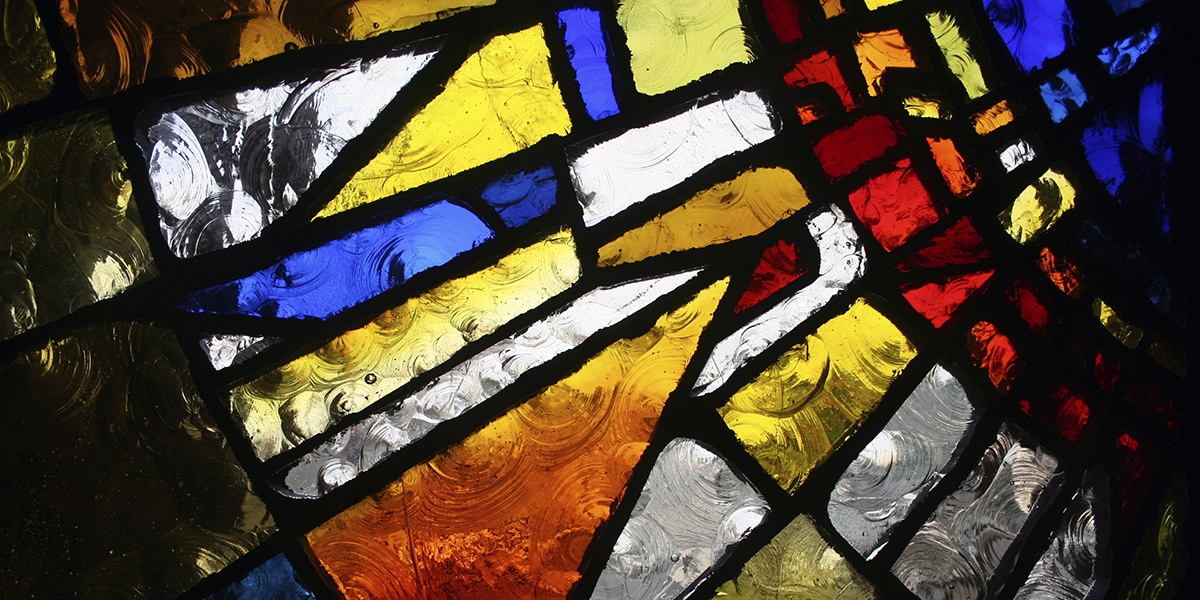
By Lynn M. Baab
When you ask people what enables them to experience God’s wholeness, you’ll hear numerous answers. In the next seven days, we invite you to experiment with various practices and to see how they feel to you. Dedicate some time each evening, maybe after dinner or at bedtime, and evaluate your experience of wholeness during each day. Consider asking a friend or family member to partner with you in these experiments.
Day 1: Nature. Plan a walk, run, bike ride, drive, ferry ride, or some other outing in the natural world. Pay attention to the details of creation on your outing and all day long as you do ordinary tasks.
Prayer response: At the end of the day, spend some time thanking God for all the details of creation that you observed during the day. Read Psalm 104, and notice all the ways God sustains and nourishes the creation.
Day 2: Hospitality. Extend some form of hospitality, perhaps inviting a friend over for a meal or treating someone to coffee or lunch. As you offer hospitality, pay attention to the ways you are blessed by being with that person. All day long, try to be hospitable to everyone you interact with. Treat them as valuable children of God.
Prayer response: Ponder the hospitality of Jesus, who ate with sinners and listened carefully to foreigners. Read John 4, and notice all the ways Jesus was open to the woman at the well just as she was.
Day 3: Fasting. Pick something to fast from, perhaps a certain kind of food, coffee drink, or form of technology. When you find yourself reaching or longing for that thing, turn your longing into prayer for people who live with want.
Prayer response: At the end of the day, reflect or journal about the power in your life of the item you fasted from. Read Isaiah 58:1-12, and ponder Isaiah’s words about the purpose of fasting.
Day 4: Thankfulness. Carry a piece of paper with you all day, and make notes about things you’re thankful for. See how many you can list: ten, thirty, fifty? Make a point of expressing thanks to the people you meet all day if appropriate.
Prayer response: At the end of the day, use your list to express thanks to God. Read Psalm 103, and allow the words of the psalm to shape your thankfulness to God.
Day 5: Music. Listen to music in a setting where you normally wouldn’t: in the car, while doing chores, after lunch or dinner. If you can arrange it, go to a live music performance. As you go about the tasks of your day, make an effort to sing or hum whenever you can.
Prayer response: Ponder the role of music in your life, and thank God for it. Pray the words of Psalm 150, and rejoice in the power of music.
Day 6: Moving your body. Do something physical that is not habitual for you. Perhaps dance as you cook, do some stretches each time you get up from a chair, rent roller skates and go for a spin, or go to a water aerobics class. All day long, try to be conscious of the gift of your physical body.
Prayer response: Spend some time thanking God for your body. Read Psalm 139:1-18, and ponder God’s presence with you as a physical being. Linger over verses 13-16, and use them as a part of your prayer.
Day 7: Silence. Take some time during the day to be silent. Push yourself to experience a longer silence than you have ever experienced before. Focus on your breath. As much as you can, relax into a sense of rest and peace from God.
Prayer response: Confess to God the anxious thoughts that compromise your experience of silence. Ask God to forgive you for the ways anxiety manifests your lack of trust in God’s goodness. Read Psalm 46. Focus particularly on verses 1 to 3. Name the earthquakes and storms in your life, and express your desire to “be still and know that I am God” in the midst of them.
At the end of each day, as you evaluate your experience, pay attention to the aspects of the day’s practice that gave you a sense of wholeness. You may then want to make a plan for continued experimentation with the forms that felt whole and good to you.
Lynne M. Baab is the author of numerous books on Christian spiritual practices. She is a Presbyterian minister and lecturer in pastoral theology currently living in New Zealand. Visit her website and blog at lynnebaab.com.
From May/June Alive Now. Copyright © 2016 by The Upper Room.
Share on Socials